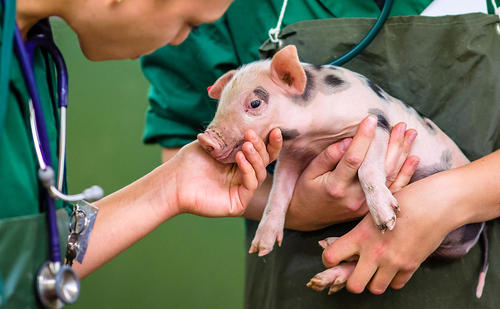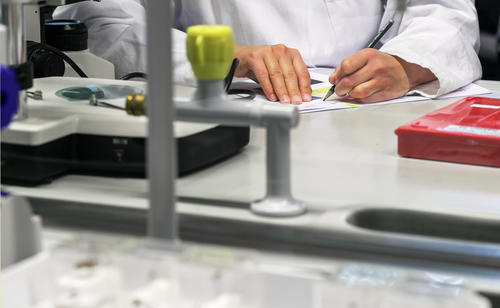School of Veterinary Medicine
Service Navigation
Internship Guide “Extramural Internships in Veterinary Medicine”
Dear Veterinary Medicine Students,
In accordance with the German Veterinary Licensing Regulations (TAppV), internships form the practical part of your veterinary training and are therefore an essential part of your studies in Veterinary Medicine. The theoretical knowledge and practical skills taught at the university are applied during the internships, which serve to deepen and consolidate the content taught. When planning and organizing extramural internships, various conditions, information and guidelines must be taken into account. Below you will find all the relevant information regarding the preparation, implementation and documentation of the various internships in a compact form.
We wish you an interesting and educational practical study phase!









